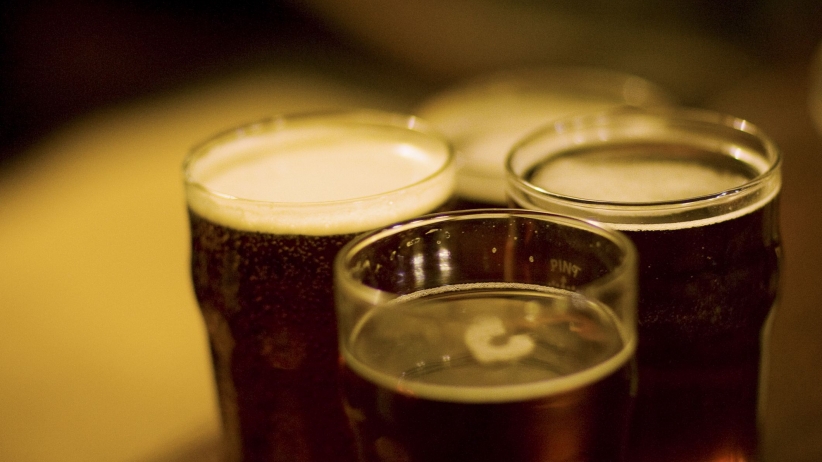
This article was written by The Oracles member, James Swanwick, who is an author, entrepreneur, co-founder of Swanwick Sleep, and CEO of The 30-Day No Alcohol Challenge. April is Alcohol Awareness Month.
Let me be clear: I was never an alcoholic. I was a social drinker who enjoyed an after-work wine or two to unwind after a stressful day. On the weekends, I’d have some beers while watching sports with friends.
But this habit of a few “innocent” (but regular) drinks took a toll. They made me feel tired and sluggish. I was unmotivated and irritable. I woke up during the night. I wasn’t performing well at work. (Excessive drinking costs the U.S. more than $200 billion per year, largely a result of lost work productivity.) I was growing a beer belly and becoming puffier in the face. I just felt average—maybe a five or six out of 10—in every area of my life.
After waking with a shocking hangover at the South by Southwest Festival in 2010, I decided to take a 30-day break from alcohol as an experiment. Thirty days came and went, and I stayed on the wagon. I haven’t touched a drop of alcohol since.
Here are seven things I learned.
1. My persuasion improved.
Studies show that persuasion and influence have more to do with how rather than what you say. When people said, “Go on! Just have one,” I pointed to my head with a sly grin and said, “Nah, I’m too strong in mind.” Or I gave a polite answer like:
- “I’m driving.”
- “I’m on a detox and taking a break from alcohol.”
- “I’m not drinking tonight. I have to get up early in the morning.”
- “I’m good with water for now. Thanks.”
I never apologized for passing on the alcohol. I owned it and felt totally comfortable without drinking. When people saw my confidence and playfulness, no one thought that I was weird for not drinking; rather, they were impressed by my discipline. That discipline carried over to new business ventures.
2. I made new friends and contacts.
A barrier to quitting drinking is the perceived social pressure to drink. In the book “Evolutionary Psychology,” professor David Buss talks about the real dangers that our ancestors faced when ostracized from their tribe: no shelter, safety, or food. These dangers don’t really apply in the modern…

